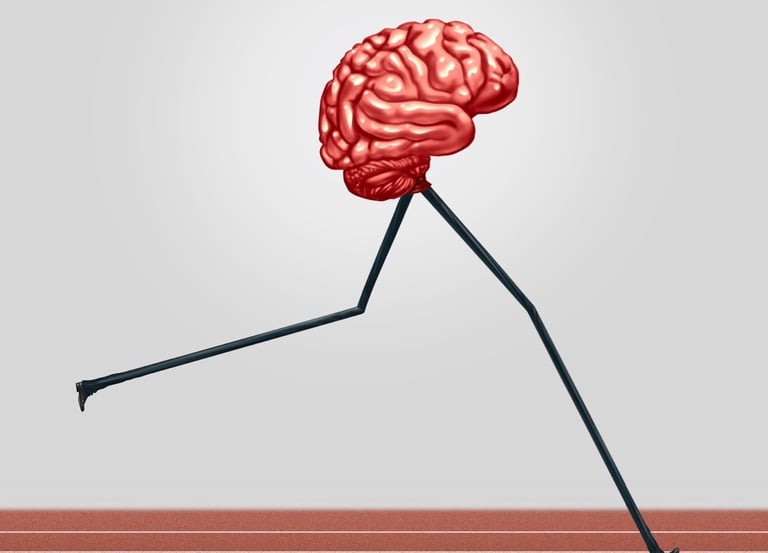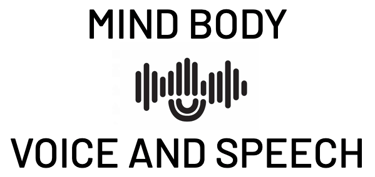

Aphasia
Fluency/Stuttering
Stuttering is a speech disorder classified by repetition of sounds or syllables, blocks, or the prolonging of sounds. Interruptions in the normal flow of speech is another common symptom of stuttering.
At Mind Body Voice and Speech, our therapists employ a variety of techniques to help with stuttering, such as:
Slowing down the rate of speech
Meditating and practicing mindfulness
Managing situations in which stuttering becomes worse
Encouraging fluid speech patterns
Speech, Language, and Cognitive Therapy


Aphasia is a condition that robs you of the ability to communicate or understand information, often following a stroke or a head injury. Following diagnosis of aphasia, common treatment includes speech and language therapy.
Our therapists are experienced in rehabilitating individuals afflicted with aphasia. Techniques include:
Relearning and practicing language skills
Developing individual and listener strategies for improved daily communication
Using technology-assisted treatment
Apraxia of Speech


When afflicted with apraxia of speech, there is a disconnect between what a person wants to say and what sounds are produced in the mouth. The brain must actively learn to move the lips, jaw, and tongue in ways that result in accurate sounds.
Our speech language pathologists can diagnose if you or a loved one suffers from apraxia. Recovery includes:
Direct shaping of sounds and syllables
Using visual, tactile, and sensory input to mimic movement sequences for speech
Supplementing speech using Augmentative and Alternative Communication (AAC), including alphabet boards, gestures, and/or speech generating devices
Dysarthria


Symptoms of dysarthria include weakness or difficulty controlling the muscles used for speech. It is often characterized by slurred or slow speech that is difficult to understand.
In addressing patients suffering from dysarthria, the therapists at Mind Body Voice and Speech will:
Train strategies to improve speech intelligibility
Teach oral motor strengthening exercises
Adjust articulation, rate of speech, breath support as needed
Cognitive Disorder
Cognitive disorders are a group of disorders characterized by impairments in memory, multi-tasking, problem solving, social communication, and ability to learn new information. Changes in cognitive abilities may occur due to brain injury, stroke, progressive neurological disease, or healthy aging.
Our therapists will use a wide variety of treatment on the areas of need, such as:
Applying specific strategies to everyday problems
Memory training
Developing tools to self-monitor and evaluate performance


